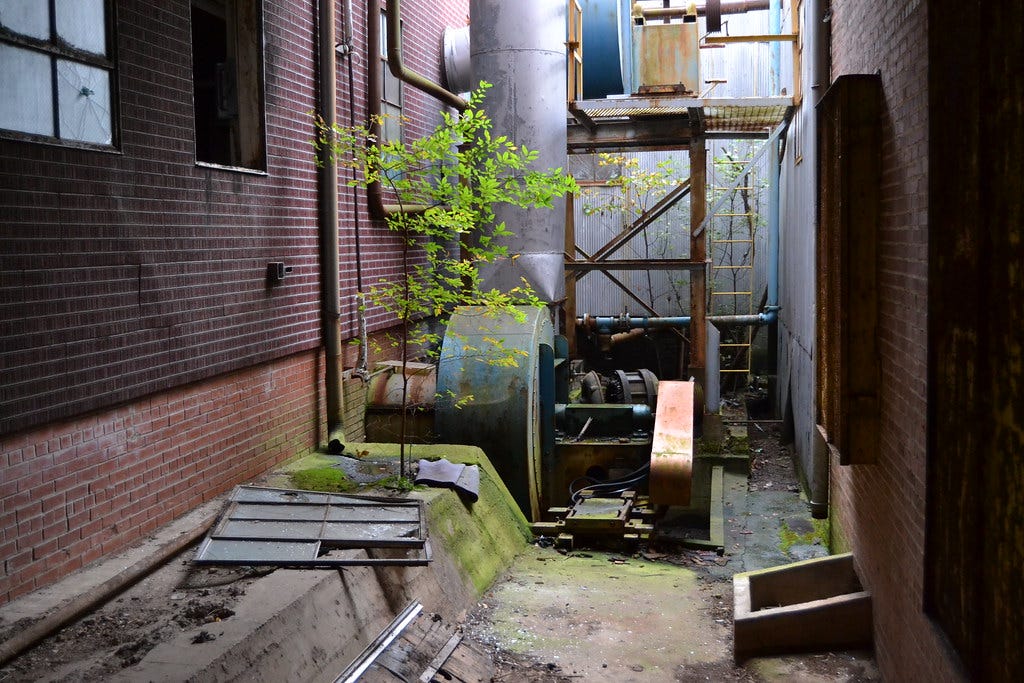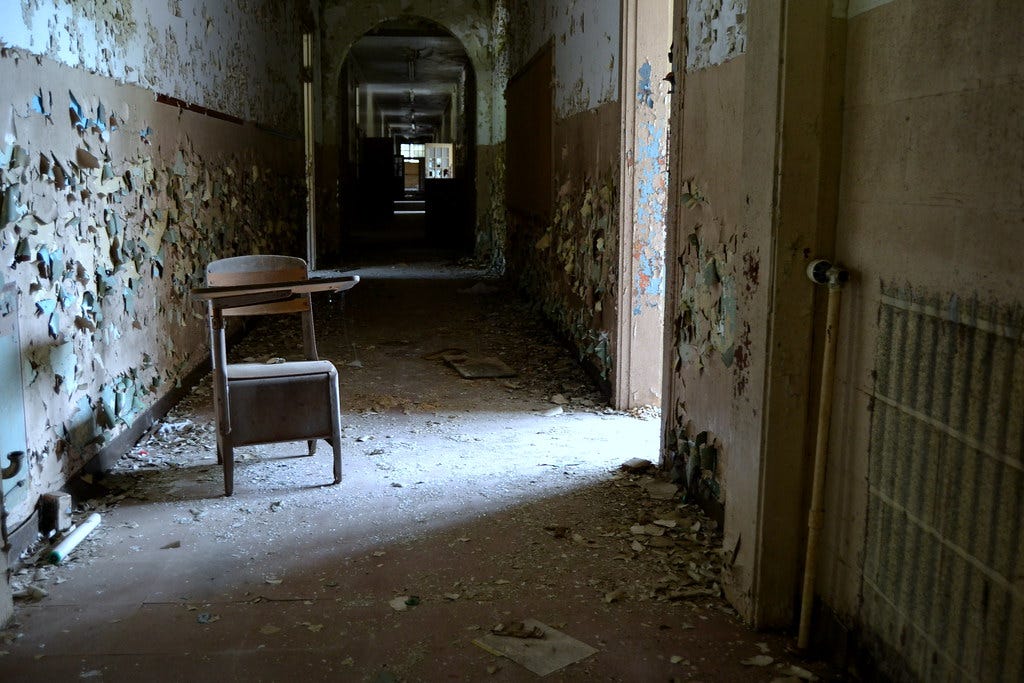I hate to effectively reuse this opening anecdote, but something about being along the ridgelines overlooking Boulder must get my friends into the mood to talk about the ontology of wilderness…
A month ago, I was climbing in the flatirons before work with a friend named Jake. We had just downclimbed from the summit of the fifth flatiron, completing the classic Regency-Royal Arch-Fifth Flatiron link.
The city of Boulder stretched out before us. Roads crisscrossed the plains in the shimmering heat. The slanted formations of the flatirons in the foreground dwarfed the background buildings of the downtown mall, both visible to our left. To our right, the skyscrapers of Denver clustered like a metal forest thirty miles to the southwest.
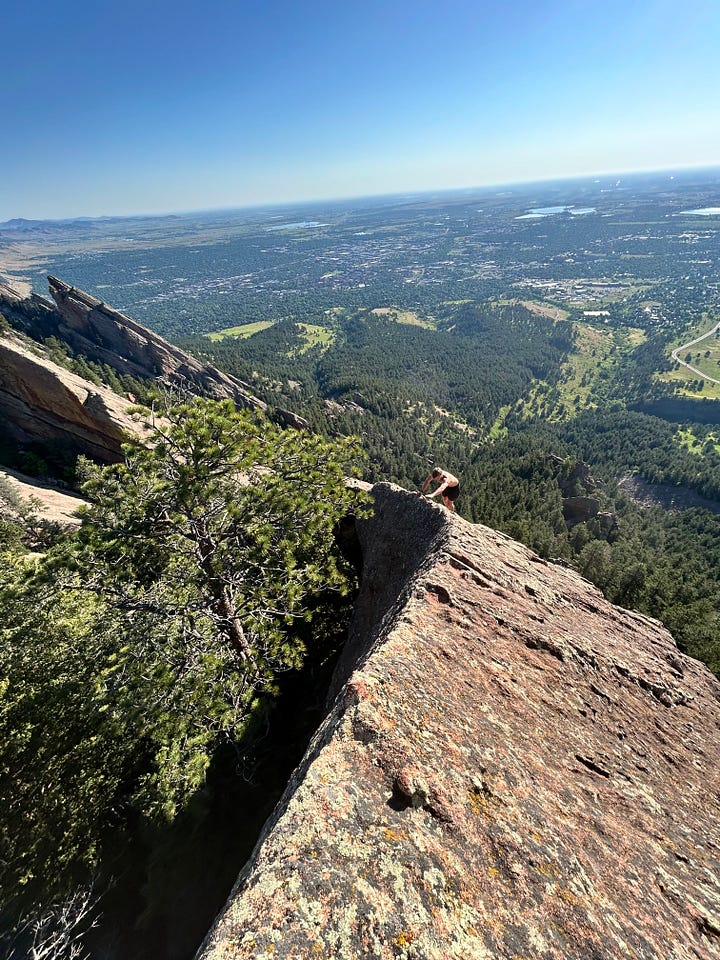
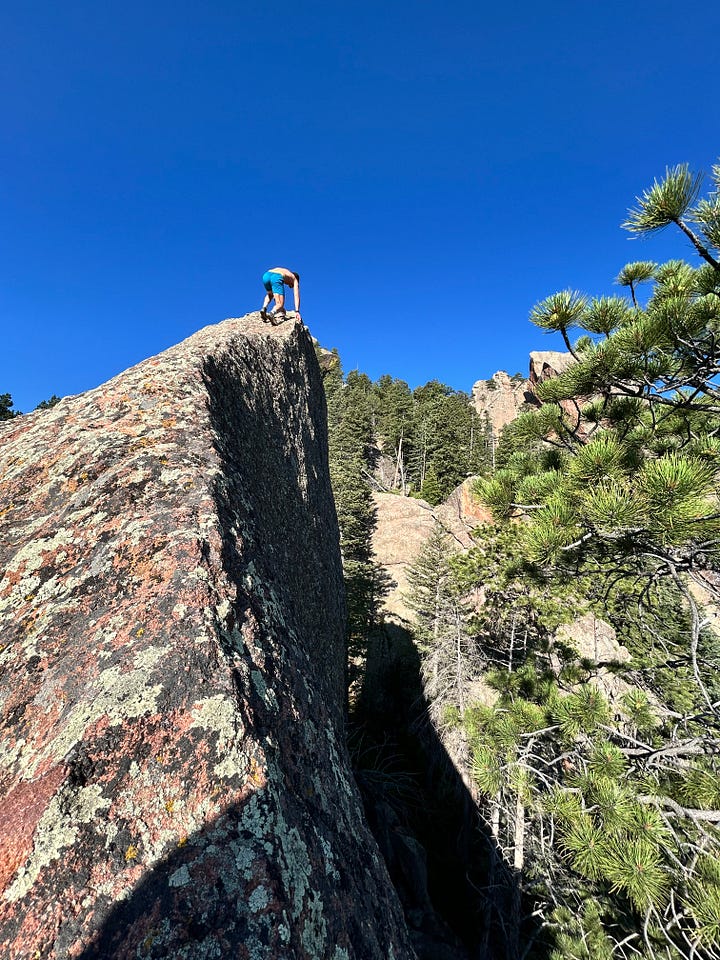
“You know what I think about sometimes?” Jake asked, looking to the eastern horizon where the July sun was already high overhead despite the early morning hour. Commuters filled the highway into Boulder, flowing like the South Platte River. A squirrel clambered across a branch below us. A distant jackhammer blasted away at some urgent road construction.
“This is as wild as it gets. This is as undeveloped as this place is ever going to be.”
Jake’s comment tickled something in my mind. It reminded me how, as we had run to the base of the climb, we had seen a fox making its way through the tall switchgrass. The fox stood peering at us for a moment before darting into the brush. On the jog out, I felt preoccupied.
Does the world move only in one direction? From wild to civilized? Untamed to domesticated? Primeval to developed? As soon as I had written Jake’s comment in my notes app to revisit later, I was already inventing counterexamples.
In high school, my friend Thomas was into urban exploring, a strange hobby involving misdemeanor trespassing in abandoned buildings. I joined him on a few outings to crumbling textile mills where we clambered through long-broken windows, wore respirators to avoid breathing in the asbestos falling from disintegrating ceilings, and marveled at the effects of graffiti, erosion, and time on once-proud factories. Surely, these buildings are more wild now than when they were in operation?
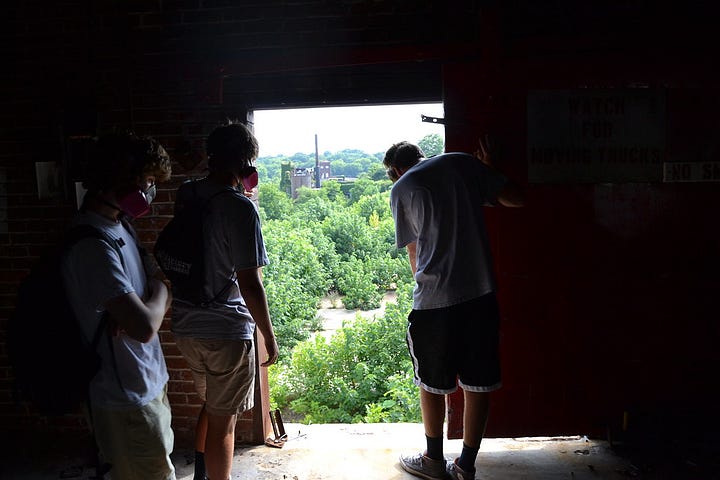
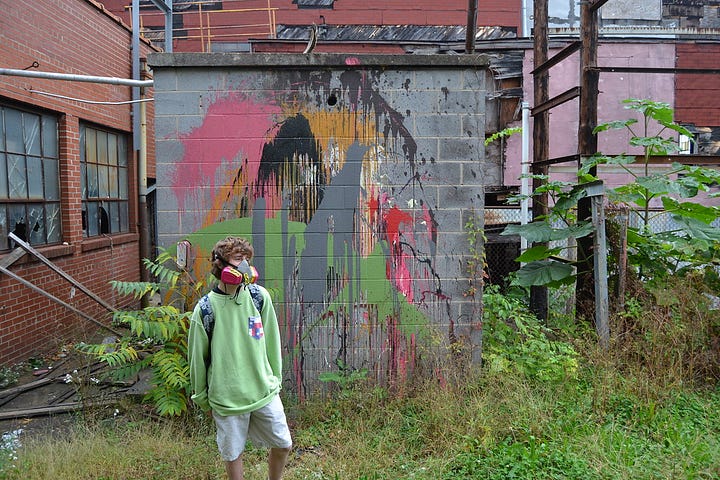
What about New York City’s highline, the former rail line converted into a public park? Didn’t the speed at which the waters of Venice and the skies of Los Angeles cleared of pollution in the strictest days of the COVID lockdowns illustrate how fast the resilient planet could, and can, rewild?
Yes, the above things are true. I can think of those edge cases, and I want to avoid the false Manicheanism of “Good Untouched Nature” and “Bad Developed Land.” But I’ve sat on the idea of this essay for a month. I wrote paragraphs, tweaked them, scrapped them. I queried friends. Nothing felt right. Finally, this afternoon I sat on the floor of my room and stared at my bookshelf.
On a hunch, I plucked a weathered copy of Aldo Leopold’s A Sand County Almanac from between a collection of Barry Lopez essays and Young Men and Fire, both of which were gifted to me by a different friend (also named Jake). A look at the table of contents validated my premonition. I turned to the penultimate section: Wilderness.
Mirroring Jake’s comment way back in 1949, Leopold wrote:
Wilderness is a resource which can shrink but not grow. Invasions can be arrested or modified in a manner to keep an area usable either for recreation, or for science, or for wildlife, but the creation of new wilderness in the full sense of the word is impossible.
Leopold’s definition of wilderness, “the raw material out of which man has hammered the artifact called civilization,” is… problematic. His anecdotes like “No living man will see again the long-grass prairie, where a sea of prairie flowers lapped at the stirrups of the pioneer” erase thousands of years of human history before said pioneer.
Yet beneath these simplifications, his words prompted some deep emotional resonance. Wilderness “in the full sense of the word” does strike at a chord of truth. The frontier is closed. I will never see the long-grass prairie. In my lifetime, the cities of the Front Range will only grow their skylines taller and spread their footprints wider.
Leopold’s land ethic says “A thing is right when it tends to preserve the integrity, stability, and beauty of the biotic community. It is wrong when it tends otherwise.” So while Jake may not have been correct per se that this was as wild as it will ever be in Boulder, he was correct in some spiritual sense. If believing there is a difference between a timbered National Forest and a tract of old-growth Wilderness trees makes me guilty of buying into the idea of a mythical wilderness, then send me to jail. I’d rather be right to Leopold than to Cronon.


